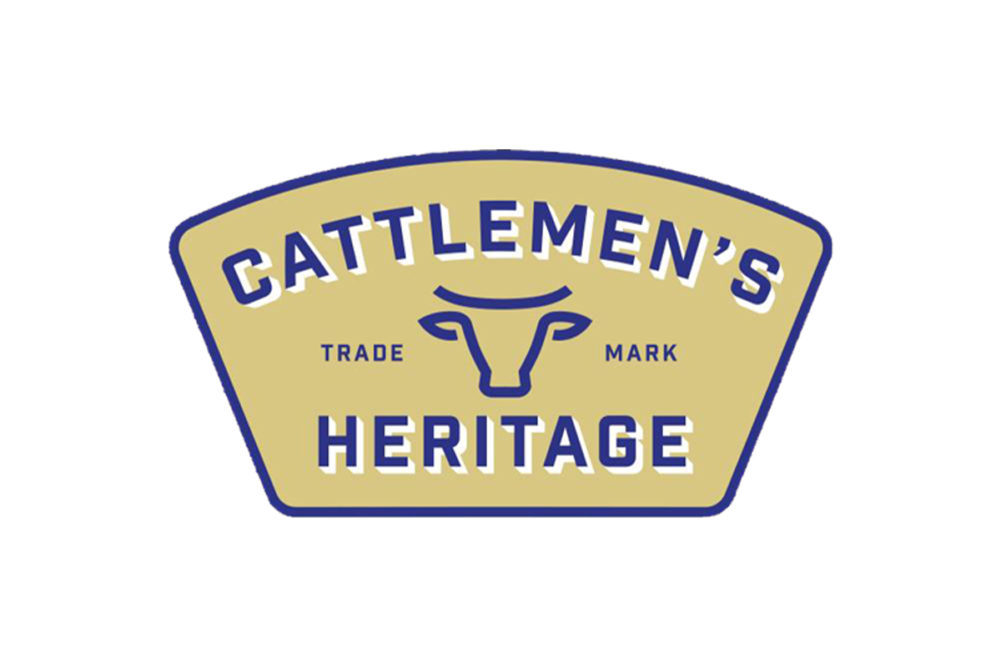DES MOINES, IOWA — Cattlemen’s Heritage Beef Company announced that its planned Mills County, Iowa, facility received a $150 million investment from Karis Capital, Naples, Fla. Thanks to the investment, Cattlemen’s Heritage can break ground on the plant in spring 2023 as planned, the company said.
“This $150 million strategic investment by Karis represents a critical milestone in the Cattlemen’s Heritage plant,” said Chad Tentinger, principal developer for the project. “With this investment secure, we can break ground later this year. We will also be able to finalize bank financing and government incentives for a project that will provide high-quality, sustainable beef for consumers and significant economic benefits for the state of Iowa and for cattle producers.”
“We see extraordinary consumer demand for low-carbon, high-quality beef that’s produced in a sustainable way, and the Cattlemen’s Heritage project does just that,” said Jake Finley, the founder and chief executive officer of Karis. “It will have the latest in technology with a focus on sustainability along with the highest standards for plant employees and animal welfare. That’s exactly what investors and consumers are looking for.”
Tentinger believes this investment paves the way for more to come, and he hinted that similar partnerships could be announced in the coming weeks.
According to the Cattlemen’s Heritage press release, Iowa producers are distributing around 1 million head of cattle out of state a year. Ernie Goss, the Jack A. MacAllister chair in regional economics at Creighton University, said an in-state processing plant would benefit the state’s economy. The planned Cattlemen’s Heritage facility could mean an economic gain of $8 billion for Iowa over the next five years, Goss said.
“Iowa pays a heavy price due to its insufficient number of beef-processing facilities,” he said. “Those costs are borne by virtually everyone in the state of Iowa, directly or indirectly, but farmers and rural communities pay a heavy toll.”
The Cattlemen’s Heritage Mills County facility, stretching across 132 acres, would bring around 800 jobs to the area, operating at an expected processing capacity of 2,000 head per day.

